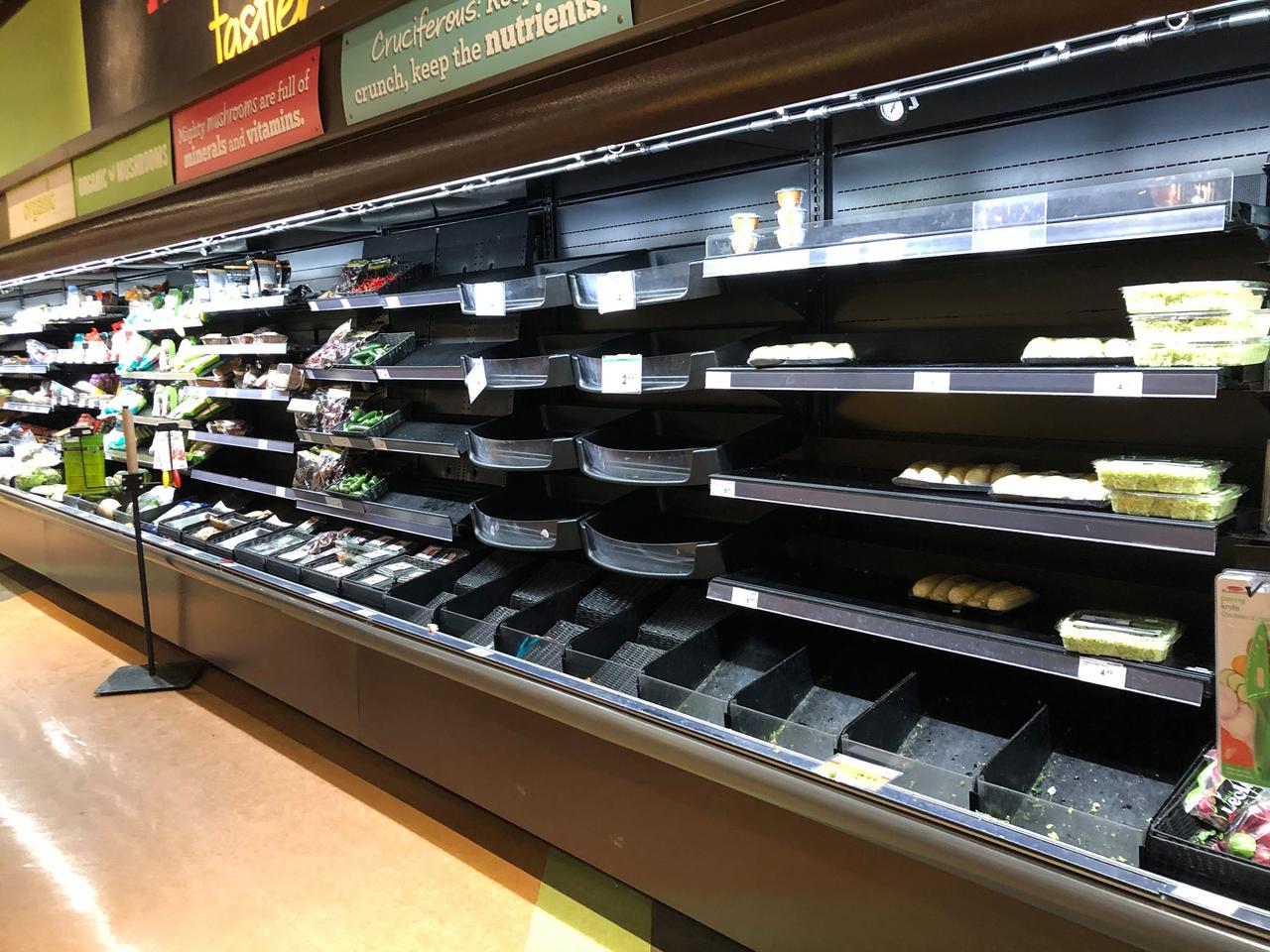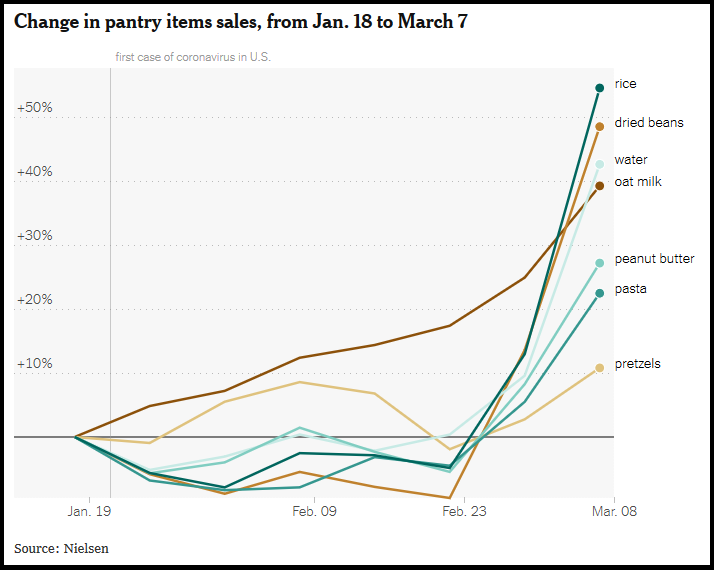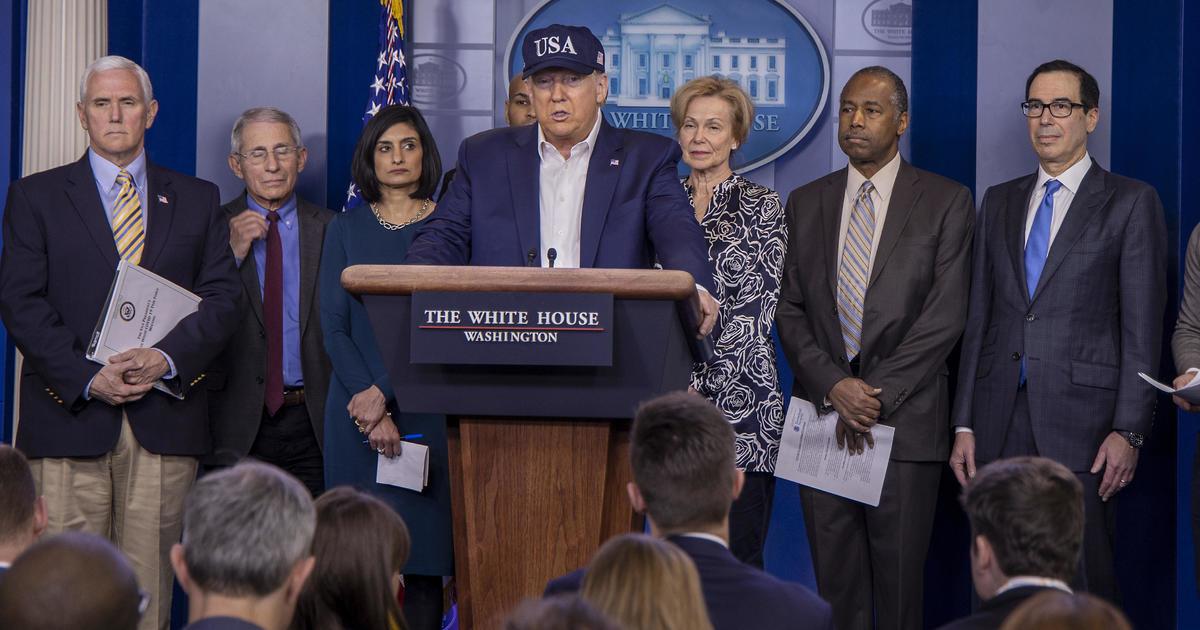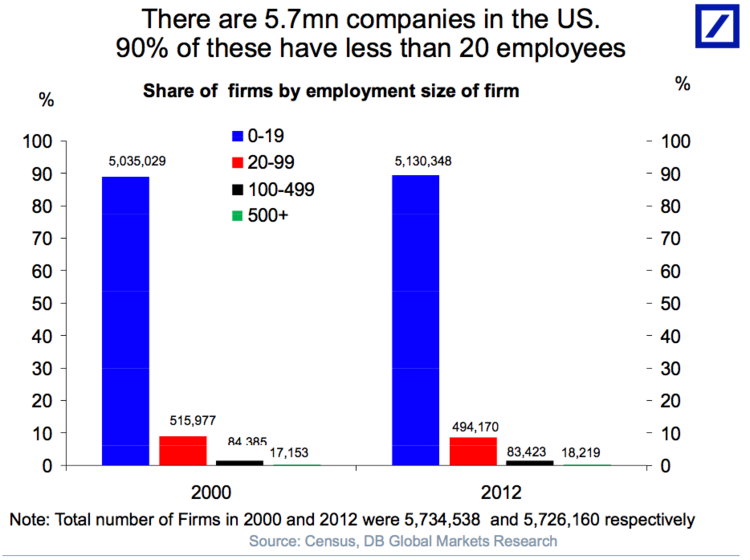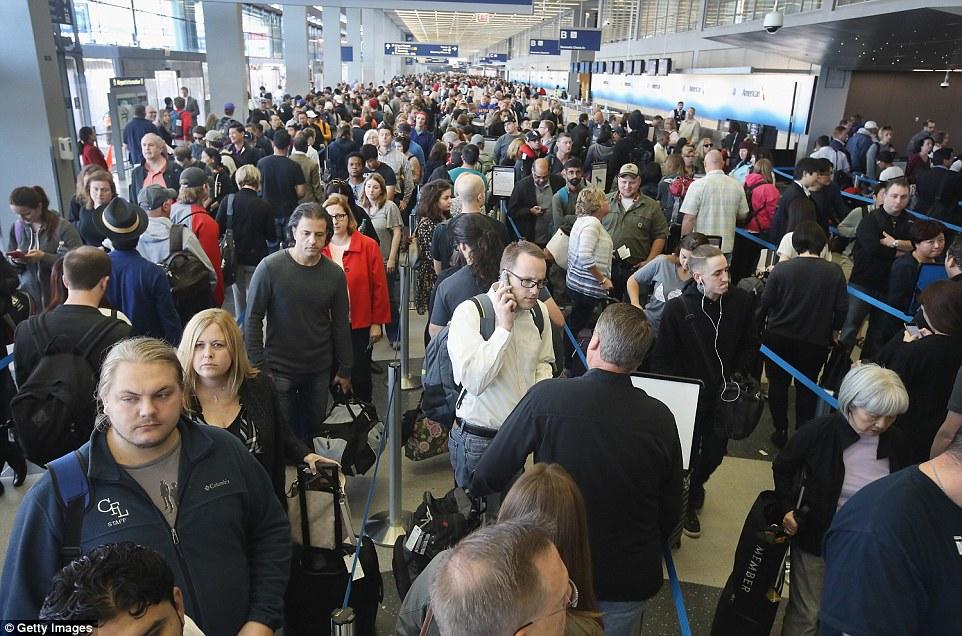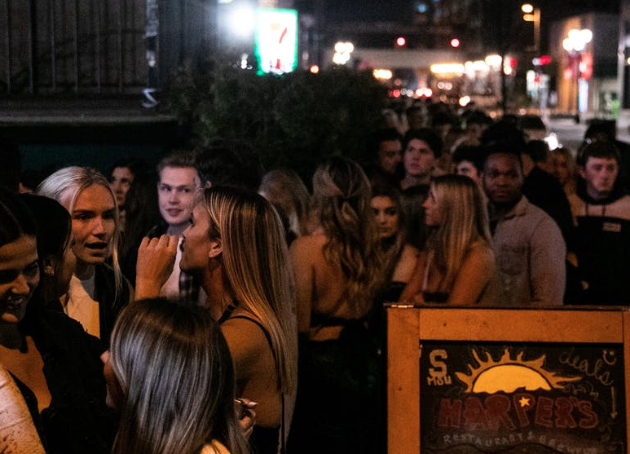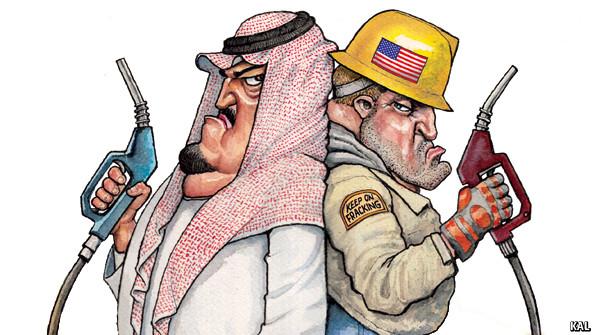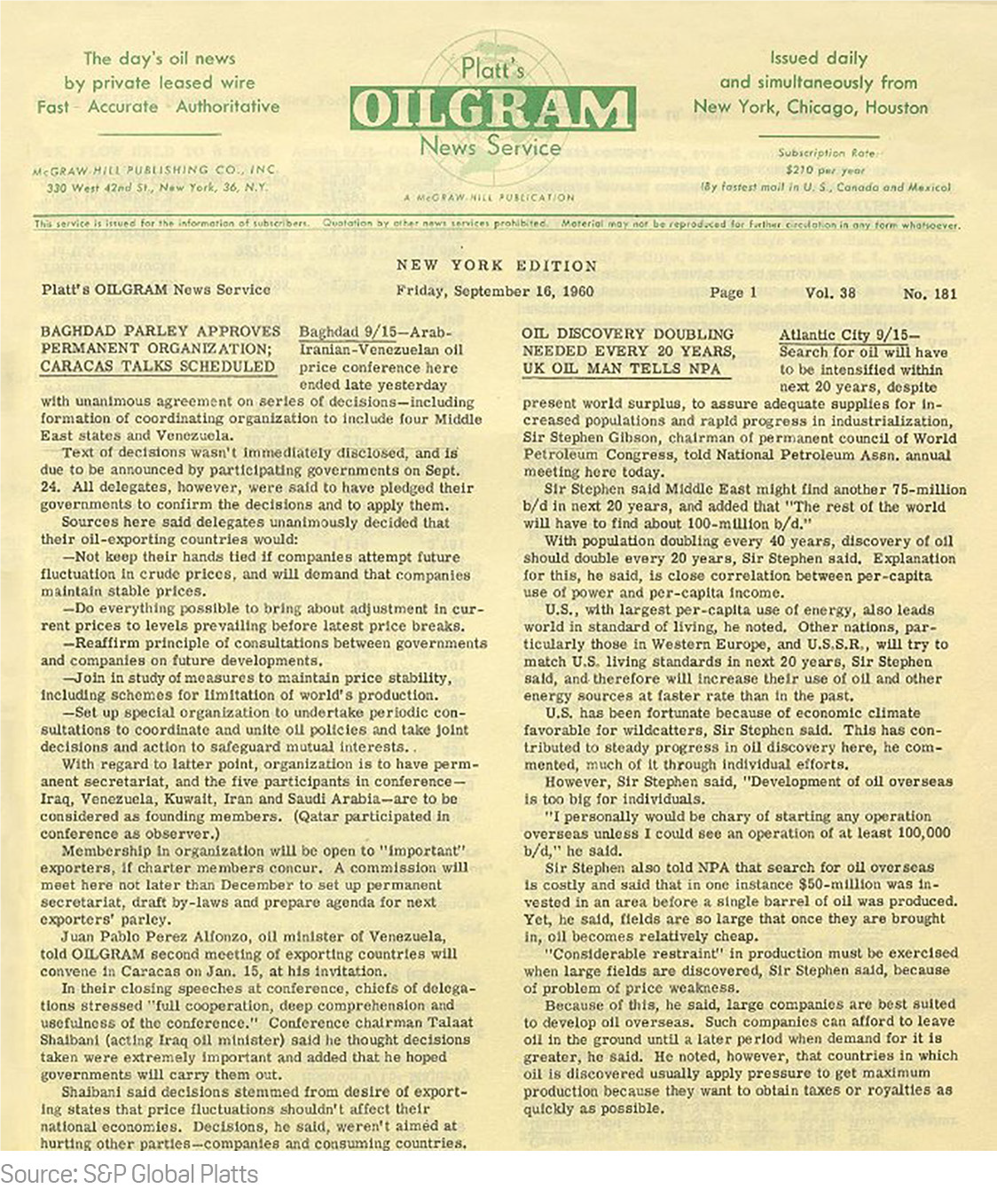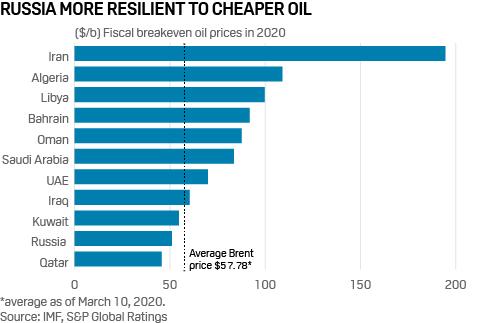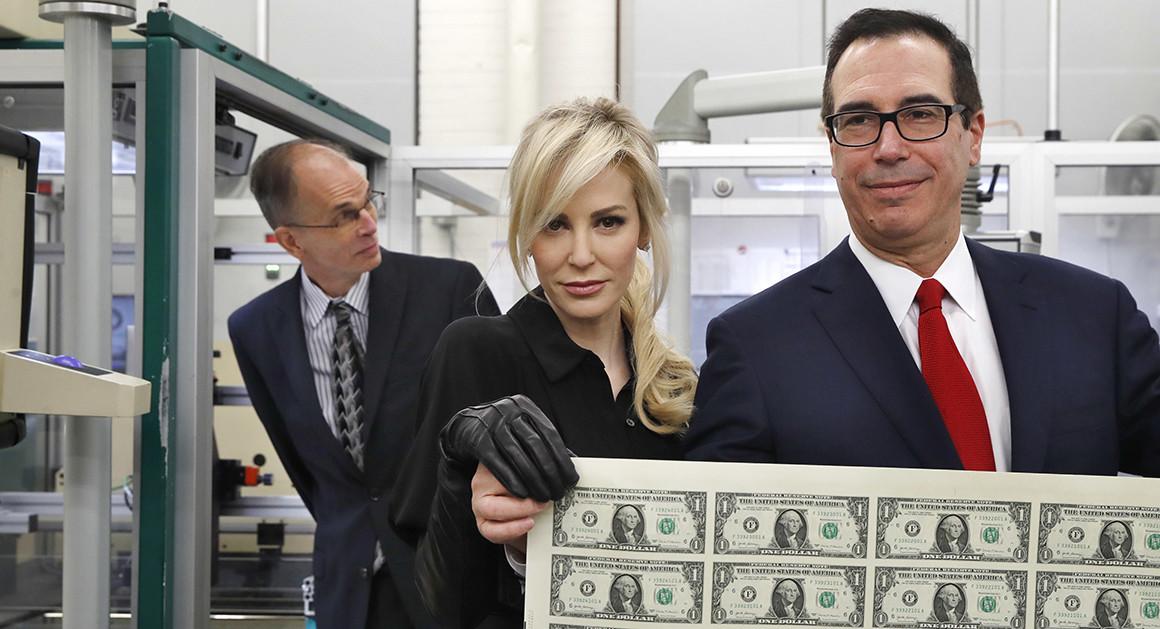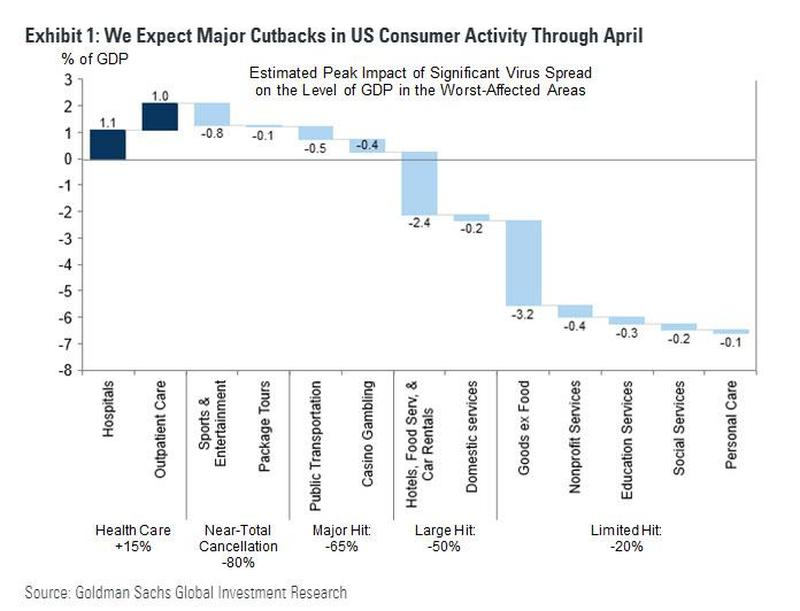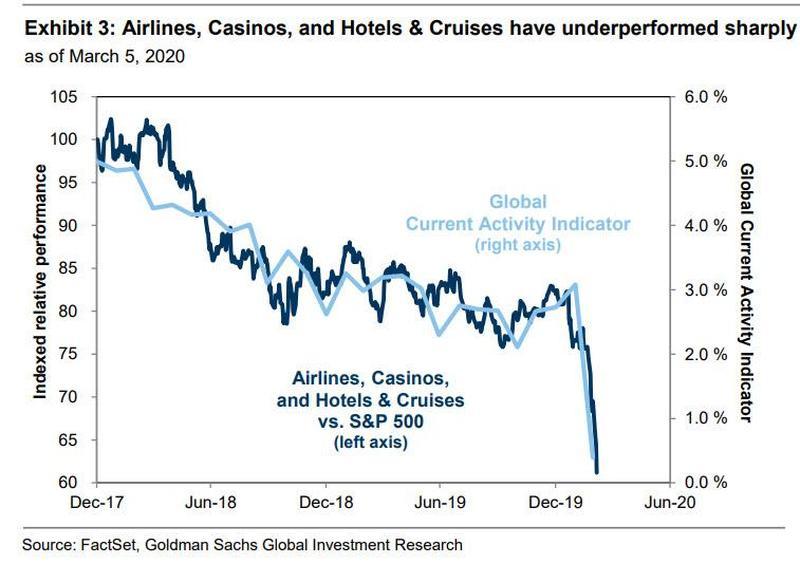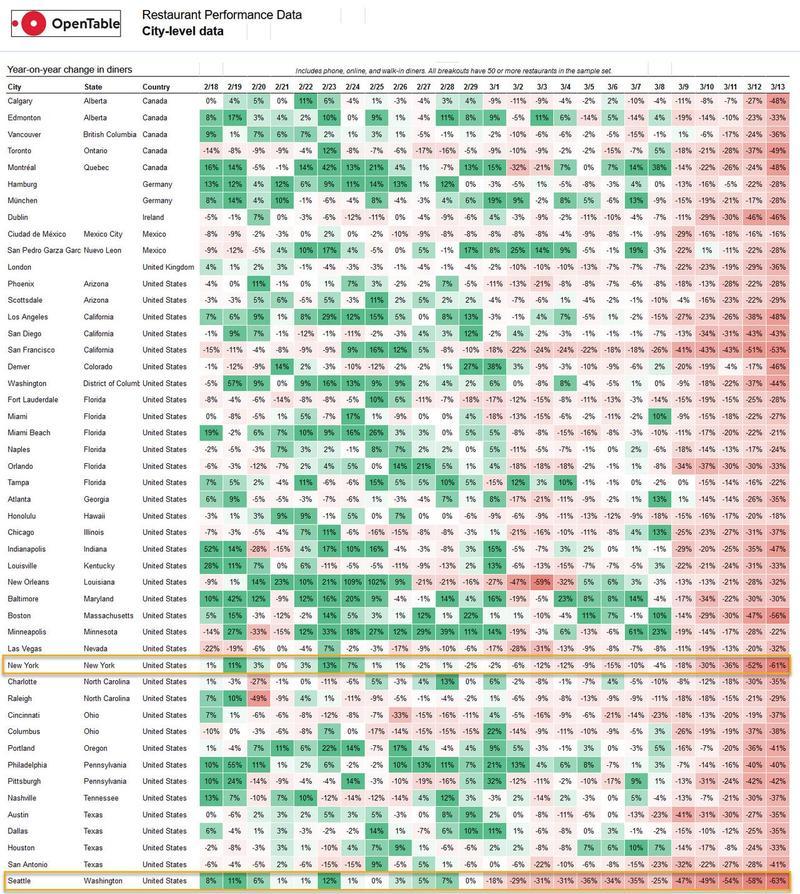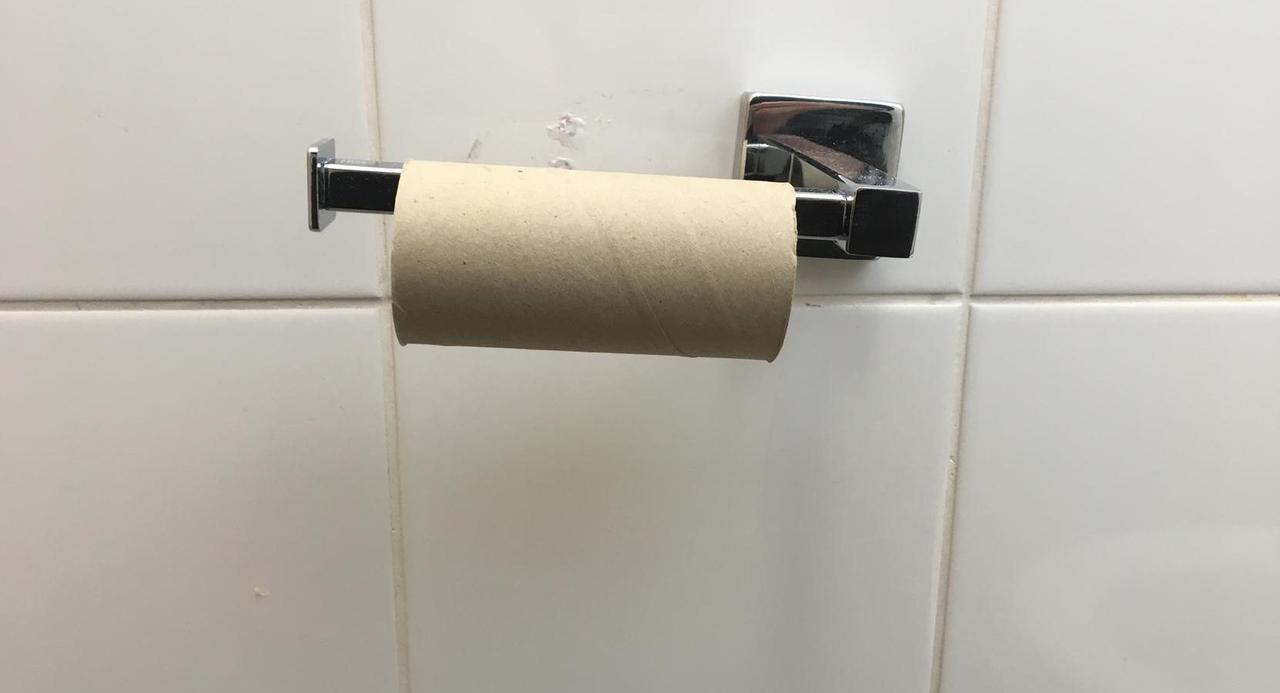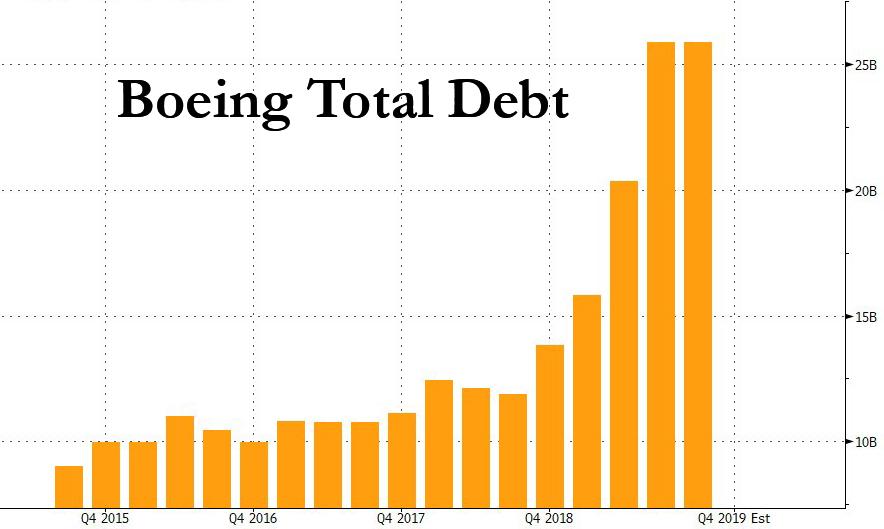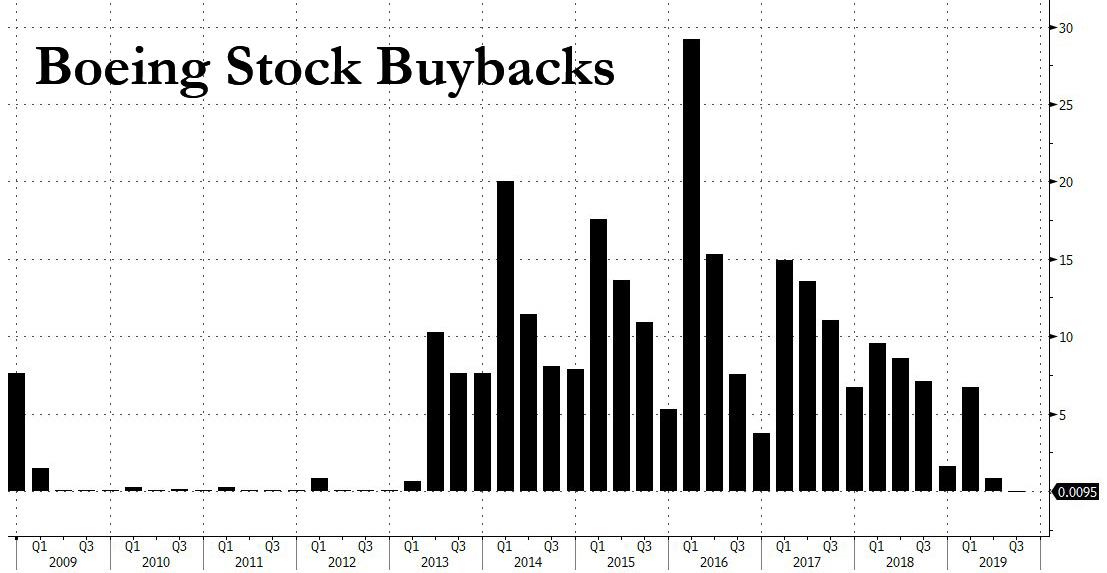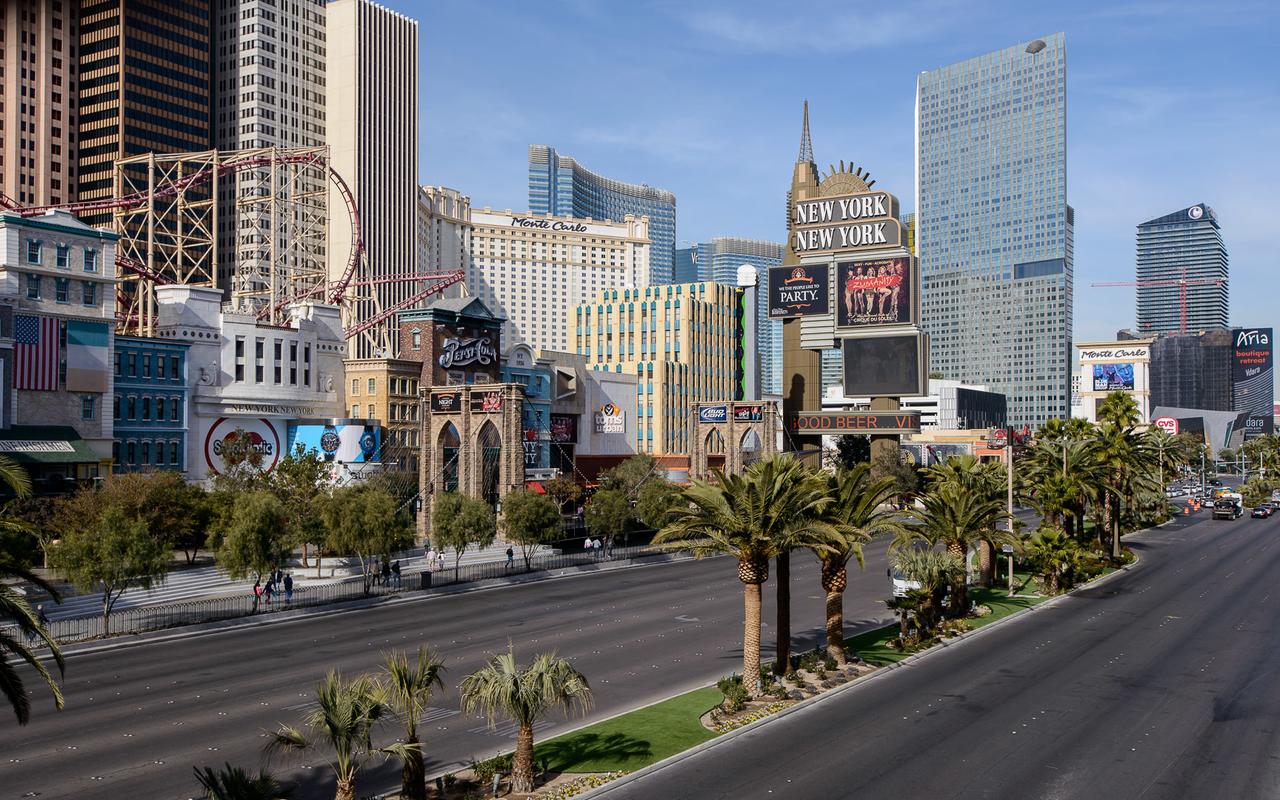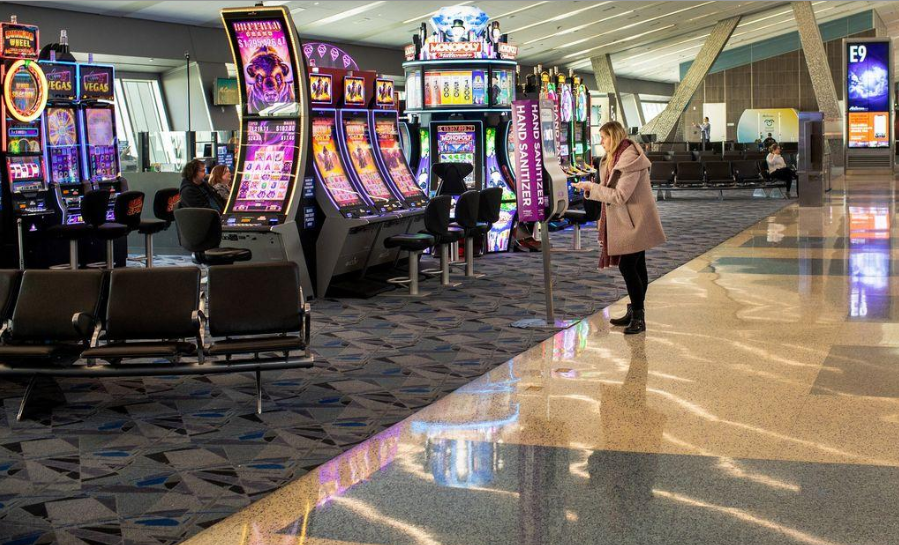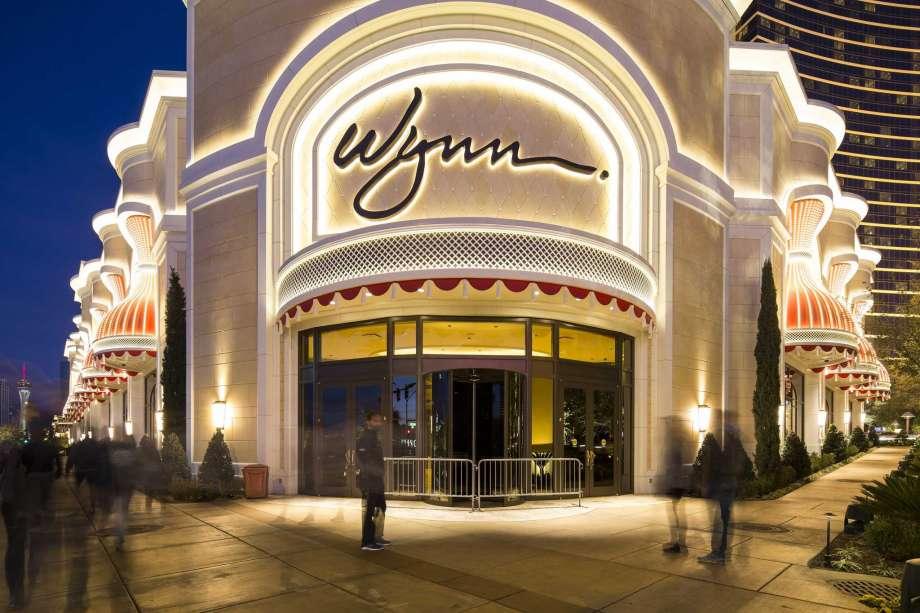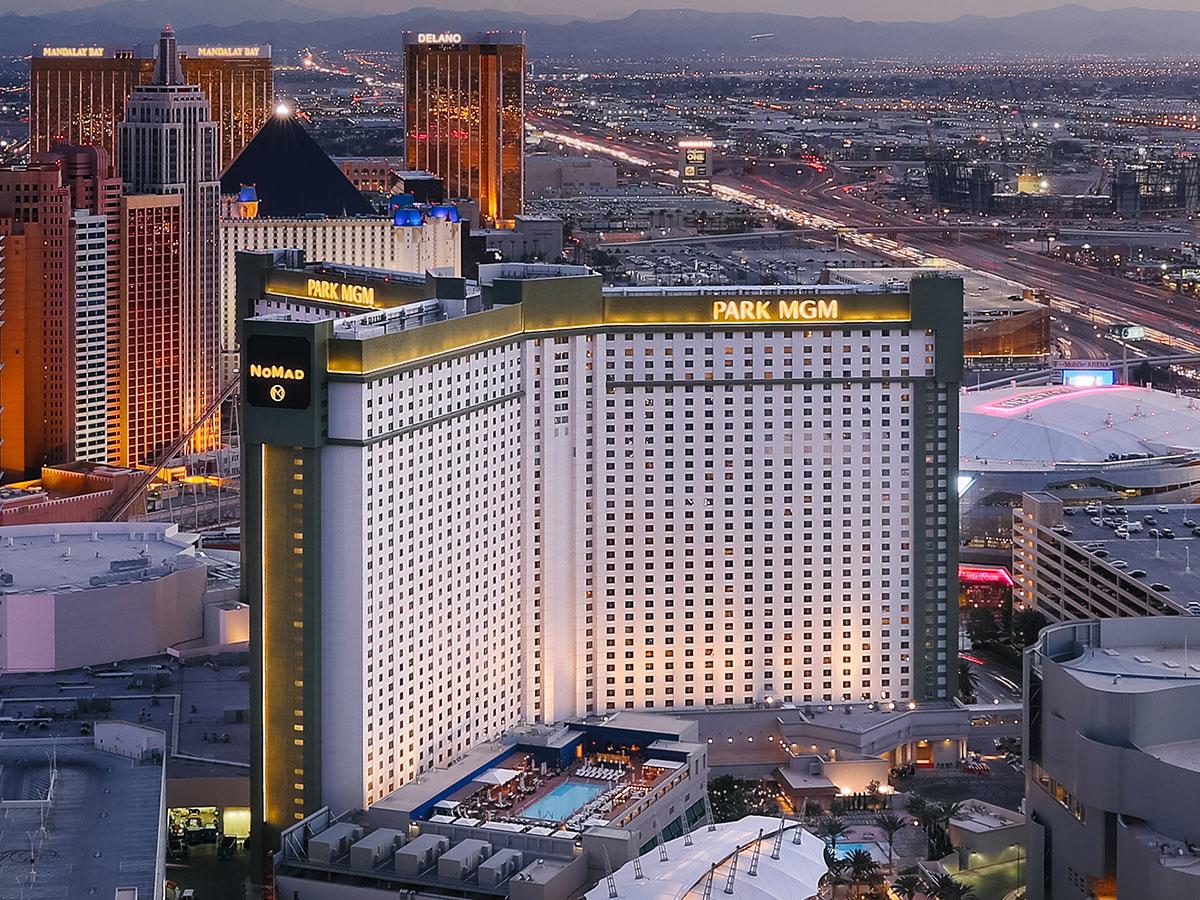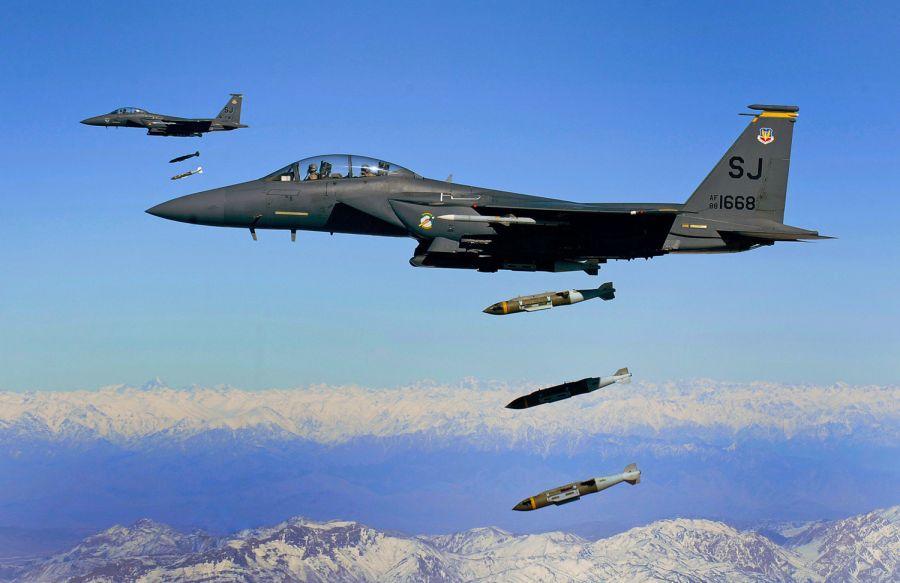The World Must Not Forget The Fight For The Saudi Crown Amid Virus Panic
Authored by Patrick Cockburn via The Independent,
The fear caused by the coronavirus outbreak is greater than that provoked by a serious war because everybody is in the front line and everybody knows that they are a potential casualty. The best parallel is the terror felt by people facing occupation by a hostile foreign army; even if, in the present case, the invader comes in the form of a minuscule virus.
The political consequences of the Covid-19 pandemic are already vast because its advance, and the desperate measures taken to combat it, entirely dominate the news agenda and will go on doing so for the foreseeable future, although it is in the nature of this unprecedented event that nothing can be foreseen.
History has not come to a full stop because of the virus, however: crucial events go on happening, even if they are being ignored by people wholly absorbed by the struggle for survival in the face of a new disease. Many of these unrecognised but very real crises are taking place in the Middle East, the arena where great powers traditionally stage confrontations fought out by their local proxies.
Top of the list of critical new conflicts that have been overshadowed by the pandemic is the battle for the throne of Saudi Arabia: Crown Prince Mohammed bin Salman (MbS), whose dwindling band of admirers describe him as “mercurial”, this month launched a sort of palace coup by arresting his uncle, Prince Ahmed bin Abdulaziz, and his cousin, Prince Mohammed bin Nayef, whom he displaced as crown prince in 2017.
The new purge of close relatives by MbS may be motivated by his wish to eliminate any potential rivals for the crown who might step forward upon the death of King Salman, his 84-year-old father. This need to settle the royal succession has become more urgent in the past few weeks because the US presidential election in November might see the crown prince lose an essential ally: Donald Trump, a man who has become increasingly discredited by his shambolic response to Covid-19, and who faces Joe Biden’s emergence as the likely Democratic candidate for the presidency.
Trump has been a vital prop for MbS, standing by him despite his role in starting an unwinnable war in Yemen in 2015 and his alleged responsibility for the gruesome murder of Saudi journalist Jamal Khashoggi in Istanbul in 2018. MbS has denied personal involvement in the killing, but told PBS last year: “It happened under my watch. I get all the responsibility, because it happened under my watch.”
The record of misjudgements by MbS after he established himself as the de facto ruler of Saudi Arabia five years ago makes Inspector Clouseau seem like a strategist of Napoleonic stature by comparison. Every one of his initiatives at home and abroad has stalled or failed, from the endless and calamitous war in Yemen to the escalating confrontation with Iran that culminated in Tehran’s drone and missile attack on Saudi oil facilities last September.
The latest gamble by MbS is to break with Russia and flood the market with Saudi crude oil just as world demand is collapsing because of the pandemic’s economic impact. In living memory in the Middle East, only Saddam Hussein displayed a similar combination of hubris and erratic performance that inspired disastrous ventures such as the Iraqi invasion of Iran in 1980 and of Kuwait in 1990.
I once asked a Russian diplomat knowledgeable about the workings of the Iraqi ruler’s inner circle why none of his senior lieutenants, some of whom were intelligent and well informed, had warned him against taking such idiotic decisions. “Because the only safe thing to do in those circles was to be 10 per cent tougher than the boss,” explained the diplomat. MbS reportedly shows similar impatience towards anybody critical of the latest cunning plan.
When it comes to the oil price war, the likelihood is that the Kremlin will have thought this through and Riyadh will not. Russian financial reserves are high and its reliance on imports less than during the last price conflict five years ago between the two biggest oil exporters. Inevitably, all the oil states in the Middle East are going to be destabilised, Iraq being a prime example because of its complete reliance on oil revenues. Iran, suffering from the worst outbreak of Covid-19 in the region, was already staggering under the impact of US sanctions.
In time, the Russians may overplay their hand in the region – as all foreign players appear to do when over-encouraged by temporary successes. For the moment, however, they are doing nicely: in Syria, the Russian-backed offensive of President Assad’s forces has squeezed the rebel enclave in Idlib without Turkey, despite all the belligerent threats of President Erdogan, being able to do much about it.
These developments might have provoked a stronger international reaction two months ago, but they are now treated as irrelevant sideshows by countries bracing themselves for the onset of the pandemic. It is easy to forget that only 10 weeks ago, the US and Iran were teetering on the edge of all-out war after the Iranian general Qassem Soleimani was assassinated at Baghdad airport in a US drone strike. After ritualistic Iranian retaliation against two US bases, both sides de-escalated their rhetoric and their actions. Rather than drastically changing course, however, the Iranians were probably re-evaluating their strategy of pinprick guerrilla attacks by proxies on the US and its allies: this week, the US accused an Iranian-backed paramilitary group of firing rockets at an American base north of Baghdad, killing two Americans and one Briton. Iran has evidently decided that it can once again take the risk of harassing US forces.
Covid-19 is already changing political calculations in the Middle East and the rest of the world: a second term for President Trump looks much less likely than it did in February. The election of Biden, an archetypal member of the Washington establishment, might not change things much for the better, but it would restore a degree of normality.
Trump’s foreign policy in the Middle East and elsewhere has always been less innovative in practice than his supporters and critics have claimed. Often, in Iraq and Afghanistan, it was surprisingly similar to that of Barack Obama. The biggest difference was Trump’s abandonment of the nuclear deal with Iran, but even there Trump relied on the “maximum pressure” of economic sanctions to compel the Iranians to negotiate. For all Trump’s bombast and jingoism, he has never actually started a war.
However, this is now changing in a way that nobody could have predicted, because in its political impact the pandemic is very like a war. The political landscape is being transformed everywhere by this modern version of the Great Plague. By failing to respond coherently to the threat and blaming foreigners for its spread, Trump is visibly self-isolating the US and undermining the hegemonic role it has played since the Second World War. Even if Biden is elected as the next president, the US will have lost its undisputed primacy in a post-pandemic world.
Tyler Durden
Mon, 03/16/2020 – 20:30
via ZeroHedge News https://ift.tt/2xL5xoP Tyler Durden

